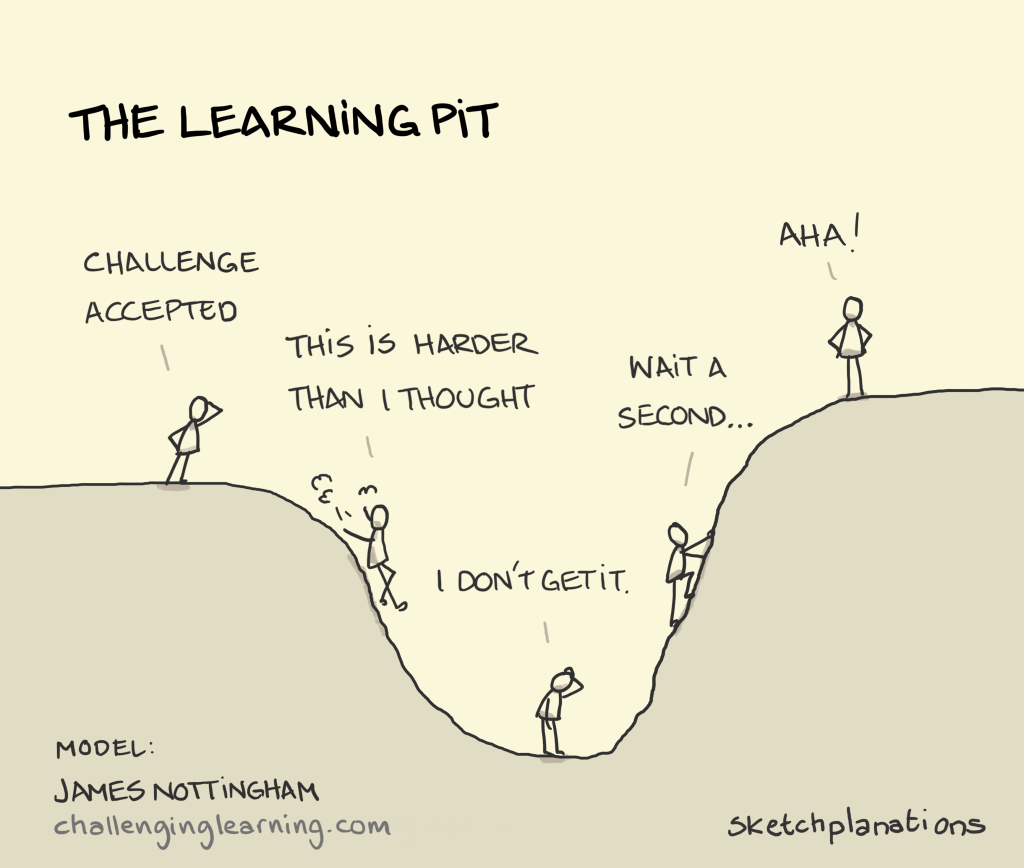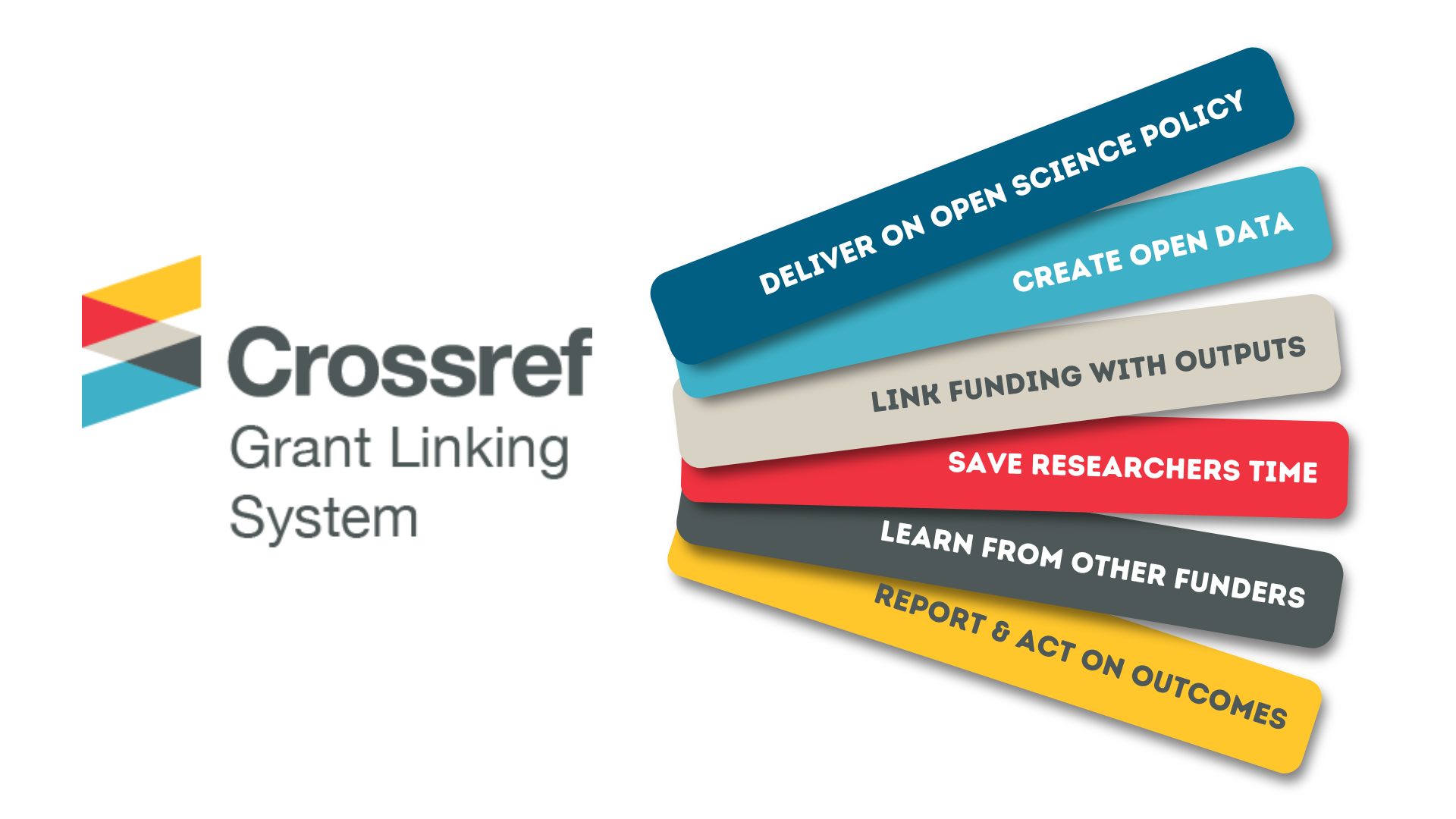
Künstliche Intelligenz (KI) ist heutzutage bereits ein fester Bestandteil im Alltag vieler Menschen. Doch gerade für Senior:innen stellt der Umgang mit der neuen Technologie oft eine Herausforderung dar. „Was ist KI überhaupt?“ oder „Wie funktioniert KI eigentlich?“ sind Fragen, die in der Stadtbibliothek Osnabrück immer häufiger gestellt werden.







